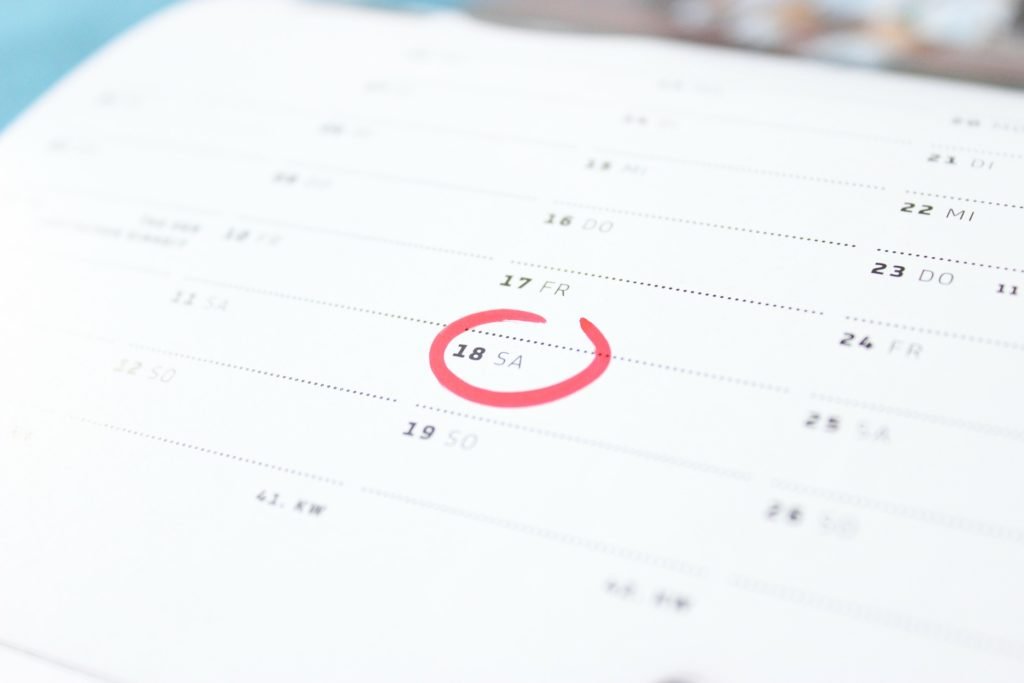Do you remember when your last menstrual period started or for how many days it lasted? If not, start paying attention. Keeping track of your menstrual cycle helps you to understand what is normal for you, time ovulation, and detect important changes- like a missed period or unpredictable menstrual bleeding. While the irregularities related to the menstrual cycle are not serious, sometimes they can cause several health issues. There are certain things to avoid during periods that can help you to deal with several health issues.
What is a menstrual cycle?
The menstrual cycle is a series of changes a woman’s body undergoes. Every month, one of the ovaries releases the egg- a procedure known as ovulation. At the same time, hormonal changes prepare the uterus for conceiving. When ovulation takes place and the egg does not fertilize, a lining of the uterus sheds through the vagina, which is known as a menstrual period.

What is the normal cycle?
The menstrual cycle, which is generally from the first day of one period to the first day of the next period is not the same for every female. Menstrual flow occurs every 21 to 35 days and lasts 2 to 7 days. For the initial few years when menstruation starts, long cycles are noted. However, menstrual cycles tend to be short and become more regular with the growing age.
The menstrual cycle tends to be regular- about the same time every month- or somewhat irregular, and a period might be heavy or light, painful or painless, short or long, and would still be regarded as normal. Be cautious that using certain kinds of contraception, like birth control pills and intrauterine devices (IUDs) will bring changes in your menstrual cycle. In such situations, it is best to consult your doctor about what to expect.
While getting near to menopause, your menstrual cycle may again become irregular. However, as the risk of uterine cancer increases with age, you must discuss any kind of irregular bleeding during menopause with your doctor.

How to track the menstrual cycle?
To find out what is a normal cycle, start by keeping a track of your menstrual cycle on the calendar. At the outset, you may start by tracking your starting date every month for many months in a row to find the regularity of your periods. If you are too much concerned then make a note of these below-mentioned following things every month:
- End date. Generally, how long does your menstrual period last? Is it shorter or longer than always?
- Record the heaviness of your flow. Is it heavier or lighter than normal? How often do you need to change your sanitary pad?
- Do you experience abnormal bleeding between the periods?
- Define any pain associated with your menstrual period. Does the pain feel worse than always?
- Note other changes too. Have you experienced any kind of changes in your behavior or mood during your menstrual cycle? Did any new thing happen around the time of change during your menstrual periods?
Things to avoid during your periods
- Pain killers
- Working late hours
- Salty foods
- Lifting heavyweights
- Using the same pad for long hours
- Swimming
- Sexual activities
- Staying unhygienic

